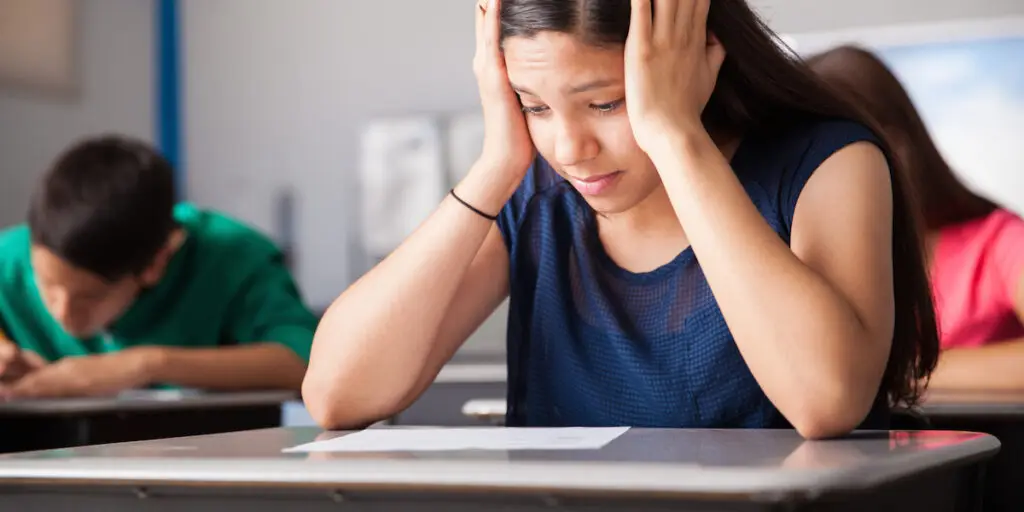The following is excerpted from an online article posted by ScienceDaily.
As children head back to school, the first-of-its-kind longitudinal study by Florida Atlantic University helps to explain why adolescents who lack traits valued by peers are at risk for adjustment difficulties.
Results published in the Journal of Youth and Adolescence show that low attractive youth and low athletic youth became increasingly unpopular over the course of a school year, leading to subsequent increases in their loneliness and alcohol misuse. Put simply, the peer group punishes those who do not have highly valued traits such as being good-looking or being good at sports.
The study put to rest stereotypes about sex differences in traits important for success with peers. For decades, it was assumed that not being athletic was particularly problematic for boys and that not being attractive was particularly problematic for girls.
The findings reveal a transformation in adolescent social culture such that the social penalties attached to being low in attractiveness or low in athleticism are no longer gender specific. Boys and girls did not differ in the extent to which unpopularity and adjustment problems flowed from low attractiveness and low athleticism. As their unpopularity grows, so do their problems.
The study included 580 middle school students who ranged in age from 10 to 13. Participants were asked to identify classmates who best fit the following descriptors: athletic (“good at sports”), attractive (“really good looking”), and unpopular (“unpopular”). They also described how often they felt lonely and how often they drank alcohol to the point of intoxication during the past month.
Source: ScienceDaily
https://www.sciencedaily.com/releases/2023/08/230810110305.htm



